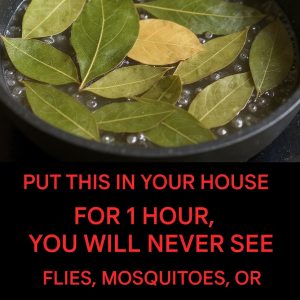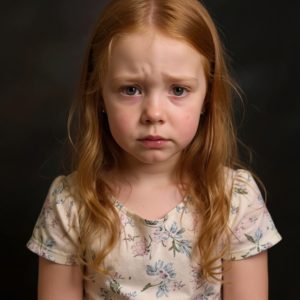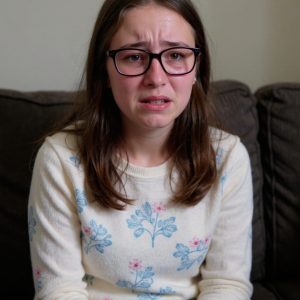When I pushed open the front door, I knew something was wrong. The house was too quiet. Not peaceful quiet—the heavy, unnatural kind that makes your chest tighten.
“Anna?” I called, my suitcase still in hand.
My 9-year-old appeared in the kitchen doorway. She was barefoot, clutching a rag, her cheeks flushed from scrubbing. The sharp sting of bleach hung in the air.
“Mom? You’re home early.”
I froze. The bucket of murky water sat at her feet, the tiles smeared with streaks. Her small shoulders trembled.
The clock read 7:38 p.m.
“Where’s Grandma and Grandpa?” I asked carefully.
Her eyes dropped. “They went to Cedar Point. With Chloe.”
My pulse thudded. Chloe. My husband’s niece. The “real” granddaughter, as his parents liked to joke when they thought I couldn’t hear.
I crouched down, my voice soft. “Why are you cleaning the floor?”
Anna’s chin quivered. “Grandma said it was my punishment. I broke a plate. I didn’t mean to, Mom. I was just—”
I pulled her close, brushing a damp strand of hair off her face. Her small hands were raw and red. She tried to hide them.
I stood, gripping the counter until my knuckles whitened. My voice came out calm—too calm. “When did they leave?”
“After lunch.”
“So you’ve been alone all afternoon?”
She nodded.
I opened my phone. No calls. No messages. Just photos splashed across social media: Chloe on a rollercoaster, Chloe with cotton candy. Caption: *‘Grandparent Day with our favorite girl.’*
My stomach turned to stone.
I shut the phone off, turned back to Anna, and said evenly: “Pack a small bag, sweetheart.”
Her eyes widened. “Are we leaving?”
“Yes.”
She didn’t argue. She didn’t even ask where. She just ran to her room, quiet and quick, sensing the weight in my tone.
By sunrise, my phone was buzzing—calls, texts, frantic voicemails.
But I ignored every single one.
Because I’d already decided. This time, I wasn’t going to forgive.
And when they finally found out what I’d done… the entire family was going to be shaken.
By the time the sun was fully up, Anna and I were already at the attorney’s office.
I’d spent the night wide awake, staring at the ceiling, replaying every moment from the past few years—every “joke” about the *real granddaughter,* every time my in-laws dismissed Anna as though she were less than. I had tolerated it. Excused it. Believed that deep down they loved her.
But leaving my child alone in a house with bleach and buckets while they paraded another girl through rollercoasters? That was the breaking point.
I told the attorney everything. The neglect. The favoritism. The cruelty hidden behind smiles. I showed him the photos my mother-in-law had posted while Anna scrubbed floors in an empty house.
Then I made it official.
Guardianship papers revoked. Emergency orders filed. A line drawn in ink that no one—not my husband’s parents, not even my husband if he tried to defend them—could ever cross again.
By noon, when my phone lit up with my mother-in-law’s number, I finally answered.
Her voice was shrill, indignant. “Where are you? Why are you ignoring us? We were just teaching Anna discipline—”
“No,” I cut in coldly. “You were breaking her. And you will never get the chance again.”
Silence. Then a gasp. “What have you done?”
I took a deep breath, steady and final. “What I should have done years ago—protect my daughter. From all of you.”
And with that, I hung up.
That evening, Anna sat beside me on the couch, her head on my shoulder, humming softly as she sketched in her notebook.
For the first time in months, maybe years, our home felt safe.
Because I hadn’t just made a decision. I had made a promise: my daughter would never again have to wonder if she was enough.
And no one—not family, not anyone—would ever take that away from her.





